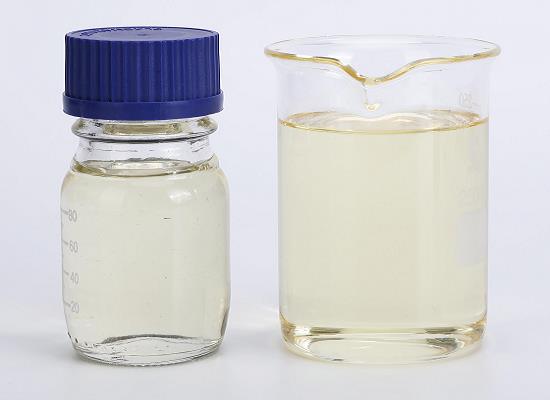Active Pharmaceutical Ingredients (API), popularly speaking, are the raw materials of medicines, only pharmaceutical raw materials are processed into pharmaceutical preparations , can they become medicines available for clinical use, so drugs we usually eat are the finished drugs through processing. Active Pharmaceutical Ingredients based on its sources can be divided into two major categories ,including chemical synthetic drugs and natural chemical drugs. Chemical synthetic drugs can be divided into organic synthetic drugs and inorganic synthetic drugs. Inorganic synthetic drugs are inorganic compounds ( very few is element), such as aluminum hydroxide, magnesium trisilicate which are used for the treatment of gastric and duodenal ulcers ; organic synthetic drugs are mainly composed of drugs made by basic organic chemical raw materials, through a series of organic chemical reactions (such as aspirin, chloramphenicol, caffeine, etc.). Natural chemical drugs ,based on its sources,can be divided into two categories including biochemical drugs and plant chemical drugs. Antibiotics are generally made by the microbial fermentation, which belongs to the biochemistry category. A variety of semi-synthetic antibiotics occurs in recent years,which are biosynthesis and chemical synthesis combining products.Among active Pharmaceutical Ingredients, the organic synthetic drugs varieties, yields and values have the largest proportion,which are the main pillars of the chemical and pharmaceutical industries. The quality of active Pharmaceutical Ingredients decides whether the formulation is good or bad , so its quality standards are very strict ,countries in the world have developed national pharmacopoeia standards and strict quality control methods for its widely used active Pharmaceutical ingredients.
Is Formic Acid a strong or weak acid? How is it prepared?
Formic Acid (HCOOH) is a weak acid with a pKa of 3.76 and a pH of 2.52 for a 0.050 M solution and a pH of 2.38 for a 0.1 M solution.
Dec 2,2024 APICreatine Monohydrate: Synthesis, Transport and Role in Energy Metabolism
Creatine monohydrate is a popular sports supplement used to maintain high-energy phosphate levels during exercise.
Nov 29,2024 APITrenbolone: Properties, Multifaceted Benefits and Dosage
Trenbolone, a potent steroid, enhances muscle growth, preserves mass during cutting, and boosts performance with recommended dosages for athletes and bodybuilders.
Nov 29,2024 APISilicone Oil (High Temperature): Advanced Applications in Ophthalmic Procedures
Silicone oil, with unique chemical and physical properties, is vital in ophthalmology for retinal tamponade and managing various eye conditions, enhancing outcomes in complex surgeries.
Nov 29,2024 APIDesonide: Topical Corticosteroid Efficacy and Pharmacokinetics
Desonide, a nonfluorinated corticosteroid, treats conditions like psoriasis and atopic dermatitis with enhanced absorption in inflamed or moisturized skin, improving therapeutic outcomes.
Nov 29,2024 APIEnrofloxacin: Mechanism of Action and Pharmacokinetics
Enrofloxacin, a fluoroquinolone antibiotic, inhibits bacterial DNA gyrase and topoisomerase IV, leading to variable bacteriostatic effects and diverse pharmacokinetics across species.
Nov 29,2024 APIFurazolidone: History, Mechanism of Action and Adverse Effects
Furazolidone is a nitrofuran antimicrobial that disrupts bacterial metabolism, initially used for gastrointestinal infections, with common side effects like nausea and dizziness.
Nov 29,2024 APIUnderstanding Ferric Chloride Hexahydrate: Comprehensive Insights
The molecular formula of iron chloride hexahydrate is FeCl3.6H2O. The compound is also called Ferric Chloride Hexahydrate.
Nov 29,2024 APISodium Dihydrogenphosphate: An Essential Chemical in Various Applications
Sodium dihydrogenphosphate could be Used to prepare phosphorylated polysaccharide.
Nov 29,2024 API(Diacetoxyiodo)benzene: Applications in Organic Synthesis and Safety Considerations
(Diacetoxyiodo)benzene is a versatile reagent in organic synthesis. (Diacetoxyiodo)benzene efficiently oxidizes C-H bonds in benzylic acetals without costly metal catalysts, making it environmentally
Nov 28,2024 API











